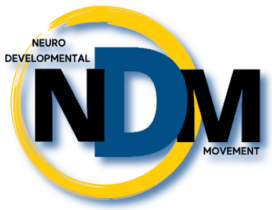What are the signs of interrupted development? Why would a family choose to do a full NeuroDevelopmental program?
Below is a list of some of the most commonly seen issues that point to functional deficits at the pons level brain: the 2 – 7 month old developmental stage of brain integration:
- Bonding challenges
- Anxiety
- Avoidance of eye contact
- Violent rages
- Superficially charming
- Lack of empathy
- Night terrors
- Bullies others
- In a constant state of fight or flight, feeling her life is threatened when there is nothing in her environment at that level of threat
- Controlling
- Unable to accept correction
- Risk taking
- Manipulative
- Clingy and fearful
- High threshold for pain
- Doesn’t recognize hunger
- May use finger to track words while reading
Physically:
- Head juts forward
- Pigeon toed
- Self-abuse from picking at scabs to cutting
- Hunched Shoulders
- Bed wetting beyond what is age appropriate
Neurology is cumulative, and what is triggered at this lower level of the brain may be justified and reinforced by events and injuries at higher levels of the central nervous system, or by events in the child’s environment. We find that when these issues are present, and if appropriate NeuroDevelopmental activities are replicated as an intervention, it is then possible to address these issues at higher and more conscious levels of the brain. However, when the lower brain functions remain unaddressed, it is a greater struggle to deal with these challenges.
The most common approach for these issues is behavior therapy. We would propose that these traits are out of the child’s control and resistant to a behavioral approach, when they are a product of an immature brain. The first step in correcting these behaviors should always be to look at a child’s neurodevelopmental profile.

